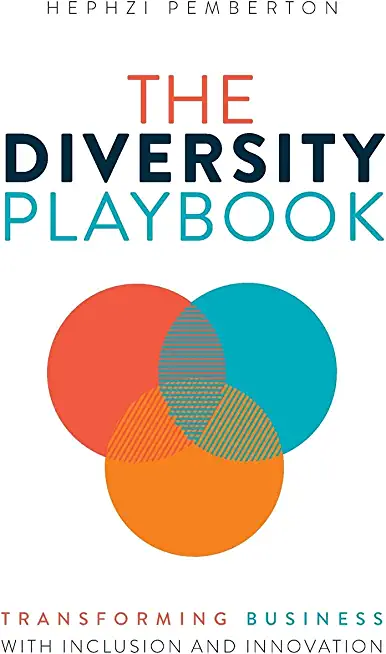
Jackson, Kevin T.
product information
description
s raises pressing issues that are not exclusively economic. The health of the economy, Kevin T. Jackson contends, reflects the moral health of the wider culture: ethics must be considered along with economics to understand world markets, especially now that globalization and other forces have increasingly complicated the regulation of transnational corporate conduct. Virtuosity in Business calls on businesspeople and ethicists to expand their thinking by stressing the profound relevance of philosophy to business and economics. Virtuosity in Business shows that ethics has been the overriding problem for business and that it is the only enduring solution. Drawing on a variety of philosophical sources, including Aristotle, Thomas Aquinas, and Jean-Paul Sartre, Jackson applies the concept of virtue to the competitive realm of the marketplace. Virtuosity, in all realms of human endeavor, is not merely a display of technical skill or adherence to conventional norms. The invisible law of virtuosity, which discourages misconduct and rewards good corporate citizenship, guides ethical firms and wise entrepreneurs toward greater success by playing a constructive part in the human enterprise. A pioneering work in the contemporary philosophy of business, Virtuosity in Business revivifies business ethics to address concerns arising from the global financial crisis, such as restoration of faith in the market, respect for human rights, and environmental sustainability.
member goods
No member items were found under this heading.
Return Policy
All sales are final
Shipping
No special shipping considerations available.
Shipping fees determined at checkout.







